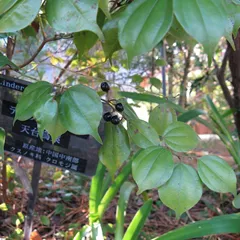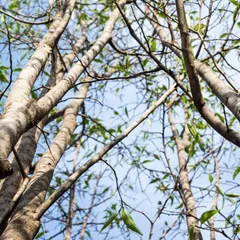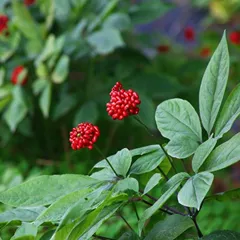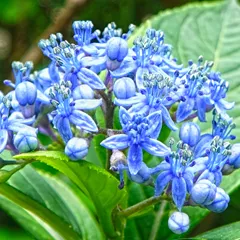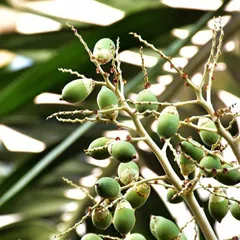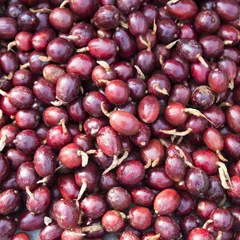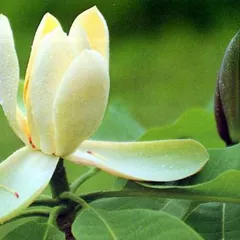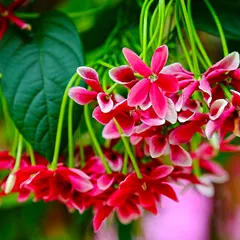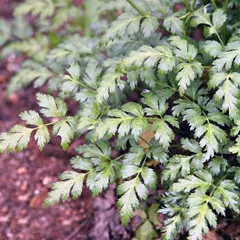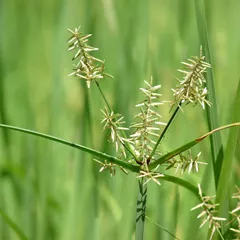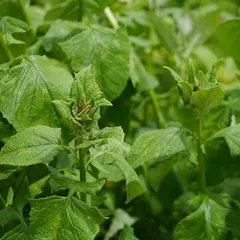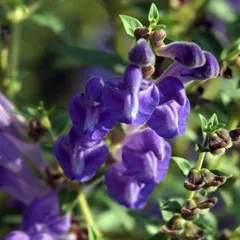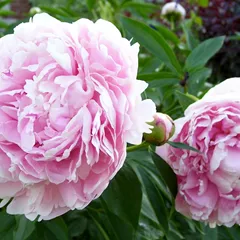Hua Chong Wan
Hua Chong Wan
Chinese: 化虫丸
Pinyin: Huà Chóng Wán
Other names: Dissolve Parasites Pill
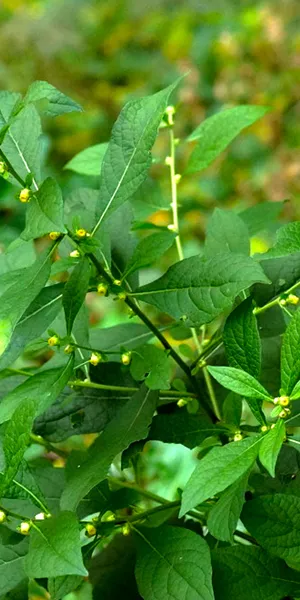
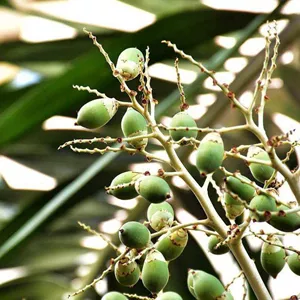
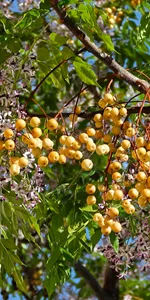
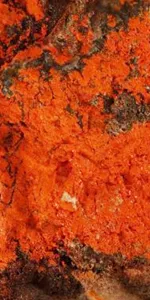
Hua Chong Wan
Hua Chong Wan
Chinese: 化虫丸
Pinyin: Huà Chóng Wán
Other names: Dissolve Parasites Pill
Number of ingredients: 5 herbs
Formula category: Formulas that expel parasites
Conditions for which it may be prescribed: TapewormPinwormsRoundworm and seven other conditions
Main actions: Kills intestinal parasites
Contraindications: This formula contains a high level of toxic substances that can harm various... This formula contains a high level of toxic substances that can harm various tissues, particularly the neurological and hematological systems. Therefore, it should not be used by pregnant women, nor should it be taken for an extended period of time or in higher dosages than prescribed. It may be modified for use in children. In any case, it is important to harmonize and tonify the Spleen and Stomach after the parasites have been expelled. see more
Source date: 1148 AD
Source book: Formulary of the Pharmacy Service for Benefiting the People in the Taiping Era
The information provided here is not a replacement for a doctor. You shouldn't use it for the purpose of self-diagnosing or self-medicating but rather so you can have a more informed discussion with a professional TCM practitioner.
Hua Chong Wan is a 5-ingredient Chinese Medicine formula with Carpesium Fruits (He Shi) as a principal ingredient.
Invented in 1148 AD, it belongs to the category of formulas that expel parasites. Its main action is that it kills intestinal parasites.
In Chinese Medicine health conditions are thought to arise due to "disharmonies" in the body as a system. These disharmonies are called "patterns" and the very purpose of herbal formulas is to fight them in order to restore the body's harmony.
In this case Hua Chong Wan is used by TCM practitioners to fight patterns like Intestinal Parasite. From a Western Medicine standpoint, such patterns can give rise to a range of conditions such as roundworm, ascariasis or tapeworm for instance.
On this page, after a detailed description of each of the five ingredients in Hua Chong Wan, we review the patterns and conditions that Hua Chong Wan helps treat.
The five ingredients in Hua Chong Wan

He Shi is a king ingredient in Hua Chong Wan. Like the name indicates, it means it has more power than other ingredients in the formula.
1. Carpesium Fruits (He Shi)
Part used: The fruits or seeds
Nature: Neutral
Meridian affinity: SpleenStomach
Category: Herbs that expel parasites
In general He Shi's main actions are as follows: "Kills parasites and alleviates pain. "
In the context of Hua Chong Wan, it is used because it is an important herb for expelling many types of parasites, especially roundworms.
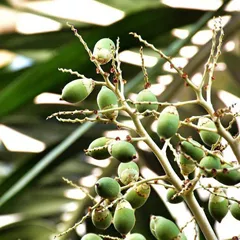
Bing Lang is a deputy ingredient in Hua Chong Wan. This means it helps the king ingredient(s) treat the main pattern or it serves to treat a coexisting pattern.
2. Areca Nuts (Bing Lang)
Part used: Dried ripe seed
Nature: Warm
Meridian affinity: Large intestineStomach
Category: Herbs that expel parasites
Bing Lang kills tapeworms and fasciolopsis. It also also has a downward-draining effect, which is helpful in expelling intestinal parasites.

Ku Lian Pi is a deputy ingredient in Hua Chong Wan. This means it helps the king ingredient(s) treat the main pattern or it serves to treat a coexisting pattern.
3. Chinaberry Root Barks (Ku Lian Pi)
Part used: The root bark
Nature: Cold
Taste(s): Bitter
Meridian affinity: SpleenStomachLiver
Category: Herbs that expel parasites
In general Ku Lian Pi's main actions are as follows: "Kills parasites in the Intestines. Used topically for tinea and trichomonas vaginitis. "
In the context of Hua Chong Wan, it is used because it kills roundworms and pinworms.
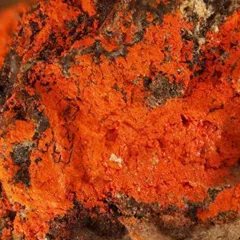
Qian Dan is a deputy ingredient in Hua Chong Wan. This means it helps the king ingredient(s) treat the main pattern or it serves to treat a coexisting pattern.
4. Minium (Qian Dan)
Part used: The mineral
Nature: Cool
Taste(s): Pungent
Meridian affinity: SpleenHeartLung
Category: Herbs for external application
Qian Dan kills many types of intestinal parasites. However, it should not be used long term as it is extremely toxic.
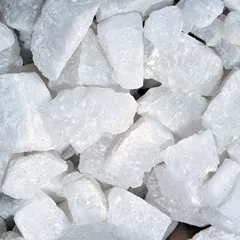
Ming Fan is an assistant ingredient in Hua Chong Wan. This means that it either serves to reinforces the effect of other ingredients or it moderates their toxicity.
5. Alum (Ming Fan)
Part used: The mineral
Nature: Cold
Meridian affinity: SpleenLarge intestineLiverLung
Category: Herbs for external application
In general Ming Fan's main actions are as follows: "Stops itching, relieves Damp-Heat inflammation and kills parasites. Stops blood in stools and urine as well as all types of bleeding if used topically. Relieves diarrhea. Clears Heat and relieves Wind-Phlegm. "
In the context of Hua Chong Wan, it is used because it resolves toxicity, dries Dampness, and helps eliminate the parasites.
Hua Chong Wan is used to treat Intestinal Parasite
It's important to remember that herbal formulas are meant to treat patterns, not "diseases" as understood in Western Medicine. According to Chinese Medicine patterns, which are disruptions to the body as a system, are the underlying root cause for diseases and conditions.
As such Hua Chong Wan is mostly used to treat the pattern "Intestinal Parasite" which we describe below.
But before we delve into Intestinal Parasite here is an overview of the Western conditions it is commonly associated with:
Roundworm Ascariasis Tapeworm Pinworms Fasciolopsis infestation Liver flukes Intestinal parasites Bladder worms Cysticercosis Hookworms
Again it wouldn't be correct to say "Hua Chong Wan treats roundworm" for instance. Rather, Hua Chong Wan is used to treat Intestinal Parasite, which is sometimes the root cause behind roundworm.
Now let's look at Intestinal Parasite, a pattern that TCM practitioners commonly treat with Hua Chong Wan.
Intestinal Parasite
Hua Chong Wan is sometimes prescribed by TCM practitioners to treat Intestinal Parasite. This pattern leads to symptoms such as moving abdominal pain, vomiting of clear fluids and vomit parasites.
This pattern typically results from improper or unsanitary eating habits and is more common in individuals with cold, weak constitutions. The movement of parasites within the abdomen, particularly in the Small Intestine, leads to pain that shifts location as the parasites move, often being most... read more about Intestinal Parasite
Formulas similar to Hua Chong Wan
Si Mo Tang is 20% similar to Hua Chong Wan
Jie Nue Qi Bao Yin is 14% similar to Hua Chong Wan
Da Yuan Yin is 14% similar to Hua Chong Wan
Fei Er Wan is 12% similar to Hua Chong Wan
Wu Yao Tang is 11% similar to Hua Chong Wan
Shao Yao Tang is 11% similar to Hua Chong Wan

